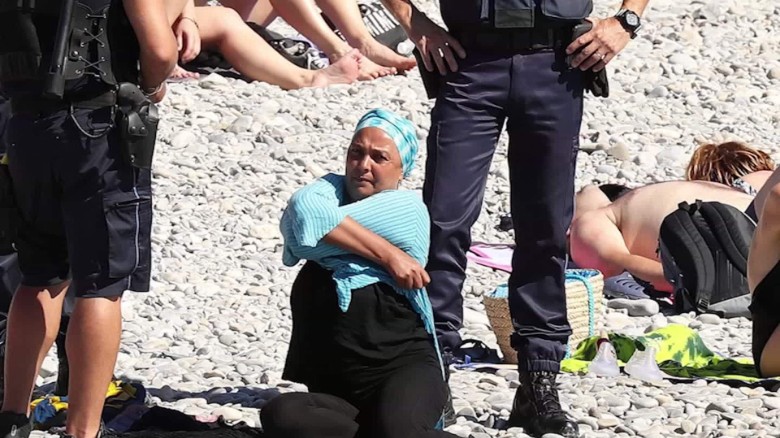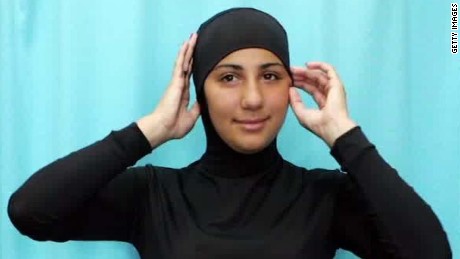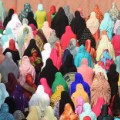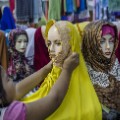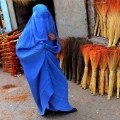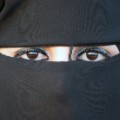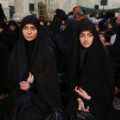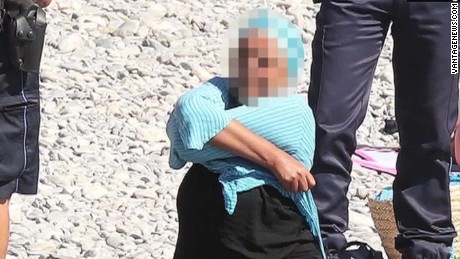Story highlights
- Council of State suspends burkini ban in Villeneuve-Loubet, a town near Nice
- Collective Against Islamophobia in France plans to sue municipalities maintaining ban
(CNN)France's highest administrative court ruled that mayors do not have the right to ban burkinis.
But if you thought that was the end of the matter, think again.
Several French mayors have reportedly maintained their bans despite Friday's ruling concerning the town of Villeneuve-Loubet, near Nice, which could affect cities around the country.
Among those continuing the ban is Cap d'Ail, near Monaco. The town saw no reason to lift the decree as the ruling wasn't aimed specifically at it, a press spokesman told CNN.
The Collective Against Islamophobia in France, one of the plaintiffs in the burkini case, plans to sue each municipality maintaining the ban on the full-length swimsuit that covers the whole body except for the face, hands and feet.
"These mayors don't want to lose face in front of extreme-right voters," Marwan Muhammad, the group's president, told CNN.
"The CCIF will methodically remind them of the law."
Burning issue of the summer
The ruling follows the case of 30 French towns banning the burkini -- worn mostly by Muslim women.
Officials have said the ban on the outfit was a response to growing terror concerns.
Last month, a truck rampage killed more than 80 people in Nice, and attackers stabbed an 86-year-old priest in northern France.
Ruling divides opinion
Amnesty International Europe Director John Dalhuisen was one of many human rights activists who praised last week's ruling.
"By overturning a discriminatory ban that is fueled by and is fueling prejudice and intolerance, today's decision has drawn an important line in the sand," Dalhuisen said in a statement Friday.
French Prime Minister Manuel Valls and former French President Nicolas Sarkozy, who plans to run again for the nation's top job, have supported the bans.
Valls called the burkini a "symbol of the enslavement of women," and Sarkozy said wearing it was a "provocation."
Reaction to photo
Photos of French police apparently ordering a woman to remove part of her clothing on a beach in Nice last week catapulted the issue to front pages across the globe.
People shared images online of nuns lounging on beaches in an effort to highlight what they feel is the ban's hypocrisy.
And in London on Thursday, demonstrators created a makeshift beach outside the French Embassy for a "Wear what you want beach party."
So what is France's stance on Islamist dress?
In April 2011, France became the first European country to ban wearing in public the burqa, a full-body covering that includes a mesh over the face, and the niqab, a full-face veil with an opening for the eyes.
And much like the recent burkini bans, opinion in the country is divided between those who see the laws as an infringement on religious freedom, and those who view the Islamic dress as inconsistent with France's rigorously enforced secularism.
Those breaking the burqa law face fines of 150 euros (about $205) or public service duties.
The government also previously banned Muslim headscarves and other "conspicuous" religious symbols in French schools in February 2004.
